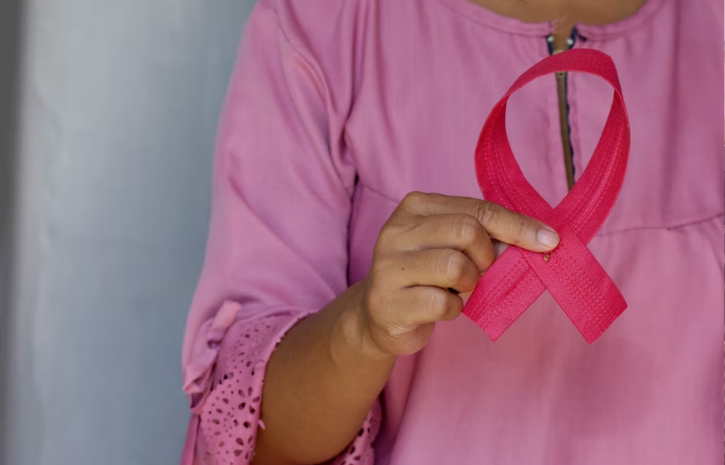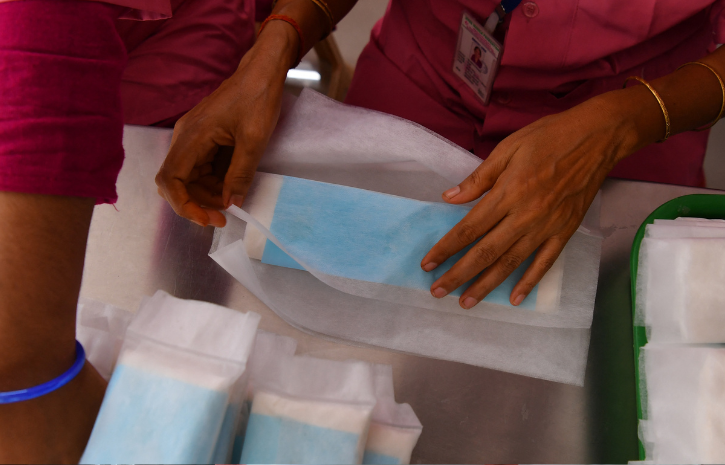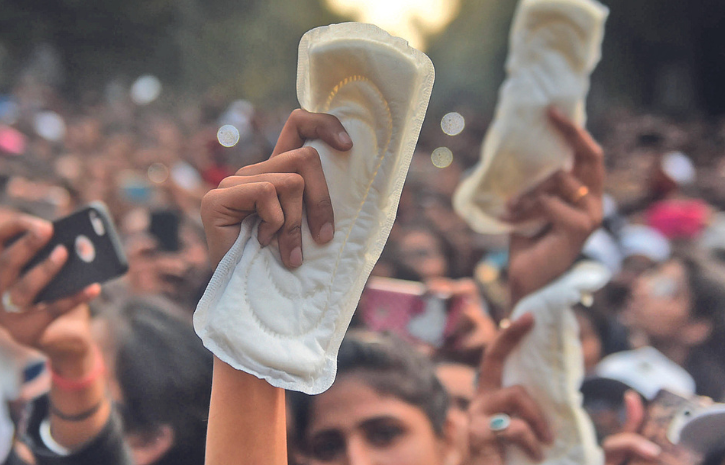Menstruation is an inevitable part of life as a woman. Therefore, talking about the safety of menstrual hygiene products is very important and paramount. With new studies on the health impact of sanitary napkins, many questions are being raised about feminine hygiene products.
According to a recent study by an NGO, most commercially available sanitary napkins contain toxic chemicals that can cause diseases such as infertility and cancer. Based on small-scale tests, the NGO found the presence of phthalates and volatile organic compounds (VOCs) in ten of the ten samples they tested. There have been many similar previous studies that found the presence of other chemicals such as phthalates used in the manufacture of sanitary napkins to increase their elasticity, absorbency, and durability. Phthalates can leach out as they are not bound to the product to which they are added. These chemicals, therefore, can be absorbed by the body at a higher rate because vaginal tissues have a higher permeability.
Unsplash/Representative Image
Similarly, VOCs are harmful chemicals used in the manufacture of paints, wood preservatives, sprays, and insect repellants. Exposure to VOCs can cause a variety of health effects and are suspected or proven carcinogens (cancer-causing).
Cancers in women and sanitary napkins
Over the years, there is an increase in cancers found in women, such as ovarian, cervical, endometrial, and vaginal cancers. While few recent studies indicate the presence of harmful chemicals in sanitary napkins, there is still no definitive scientific research to support linking disease to sanitary napkin use alone. In fact, these cancers can have many causes.
 Unsplash/Representative Image
Unsplash/Representative Image
For example, cancers of the vagina, vulva, and cervix occur largely due to the HPV virus. The chances of this cancer increase when the person is over 60 years of age. So it might be premature to say that genital cancers, endometriosis, and infertility could be occurring just because of the chemicals in sanitary napkins and tampons.
The published study is a good start for the discussion, and there is still more research to be done on this topic. Further studies and government focus on creating standards for chemicals in medical devices are needed to come to an accurate conclusion on this issue.
Switch to a greener period
 BCCL/Representational Imaging
BCCL/Representational Imaging
It’s time to switch to eco-conscious green menstrual products, due to their impact on the environment. Only a third of women use other alternatives such as a menstrual cup, reusable sanitary pads or tampons. Menstrual cups are made of medical grade silicone and are completely safe to use. It is soft, reusable, and must be placed inside the vagina. The cup must be completely emptied, properly washed and completely dried before use. Women should change the cup once a day; otherwise, it may cause infections.
While the availability of these products points to a hopeful future where more women can adopt sustainable menstruation practices, it is the lack of awareness of these products and hesitancy about using care that continues to hinder such progress. insertable menstrual
Few precautions for menstruating women
 BCCL/Representational Imaging
BCCL/Representational Imaging
1. Maintain good hand hygiene before and after using sanitary napkins or other hygiene products
2. It is important to change sanitary pads every three to four hours and a menstrual cup once a day
3. Avoid overly chemically treated and scented pads
4. Use only gentle, organic products to clean the genital area, and don’t over-clean it.
The author works at the Department of Obstetrics and Gynaecology, The CK Birla Hospital (R), Gurugram.
Categories: Health
Source: vtt.edu.vn
